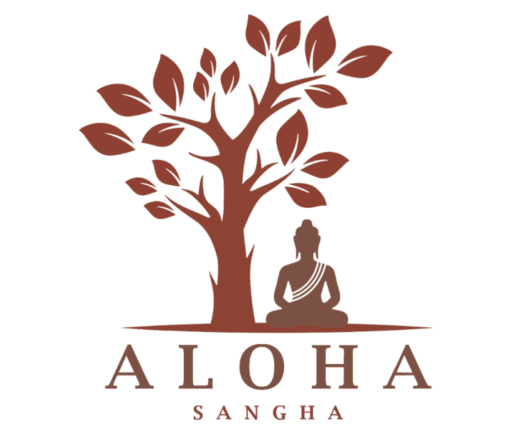the most important thing
This meditation is a self-discovery. We uncover the treasure of our very own being. We lose interest in listening to the voices shouting at us about our deficiencies.
Someone once asked Suzuki Roshi, the pioneering Zen teacher from Japan who founded the Zen Center of San Francisco in 1969:
“Roshi, what’s the most important thing?” and he answered:
To find out what’s the most important thing.
Byron Katie, who teaches a practice called self-inquiry, said that the world’s number one problem is confusion. As we hang in there with meditation practice, week after week, a little clarity starts to emerge.
The most important thing that brought us to the meditation cushion may not seem so important as we progress. We may have signed up to get an edge in academia or our social life, maybe to find a group to hang out with.
After a while, it sinks in: meditation is not self improvement, it’s self-discovery. It’s more about undoing and unlearning conditioned habits rather than getting some special meditation goodies.

We all just want to be happy and feel at home in our own lives
And to feel a connection with the world and other beings.
But, as the song goes, we are looking in all the wrong places. By habitually looking outside of our skin for fulfillment and happiness, we struggle.
So many of the voices we listen to- both in our own head and outside, through the media, lead us on a long walk on the hedonic treadmill Buddhists call samsara.
But one day we have this marvelous insight: We already have what we need.
This meditation is a self-discovery. We uncover the treasure of our very own being. We lose interest in listening to the voices shouting at us about our deficiencies.
As one of my teachers Sharon Salzberg says:
We learn not to get caught in trying to reach out and grasp after things we never really needed to begin with.
The Healing Is In The Return
Along these lines, the poet Rumi asks:
How long will we fill our pockets like children with dirt and stones?
Let the world go.
Holding it, we never know ourselves, never are airborne.
Meditation helps us put down the baggage we carry around so we can be airborne and travel lightly in this world.
This letting go can be subtle, nuanced. We usually associate letting go as letting go of something. But as the teacher Gil Fronsdal points out, there is a complimentary movement here.
With enough practice we appreciate the story doesn’t end with letting go: we discover we are letting go of something but we also are letting go into something else.
Gil Fronsdal offers this metaphor: a diver lets go of the diving board the seconds later dives into the cool water of the pool, much as we let go of impatience then seconds later relaxing into a feeling of ease.
If we find ourselves gripped in panic or fear, we learn to let go into the felt safety of relaxation.
We eventually get how much nicer it is to relax into our natural, free and easy being-ness than it is to struggle with something.
But if we haven’t tasted this free-and-easy being-ness, it’s a hard sell to the psyche.
You’ll know the sweet taste of being-ness by accidentally stumbling upon it in your practice. You can’t make this happen on purpose. You just need to meditate every day and hang in there.
Then, each moment is fine. Each moment is enough. Nothing missing or lacking, as the Zen teachers of old would say.
Every moment is appreciated as profound and meaningful.







